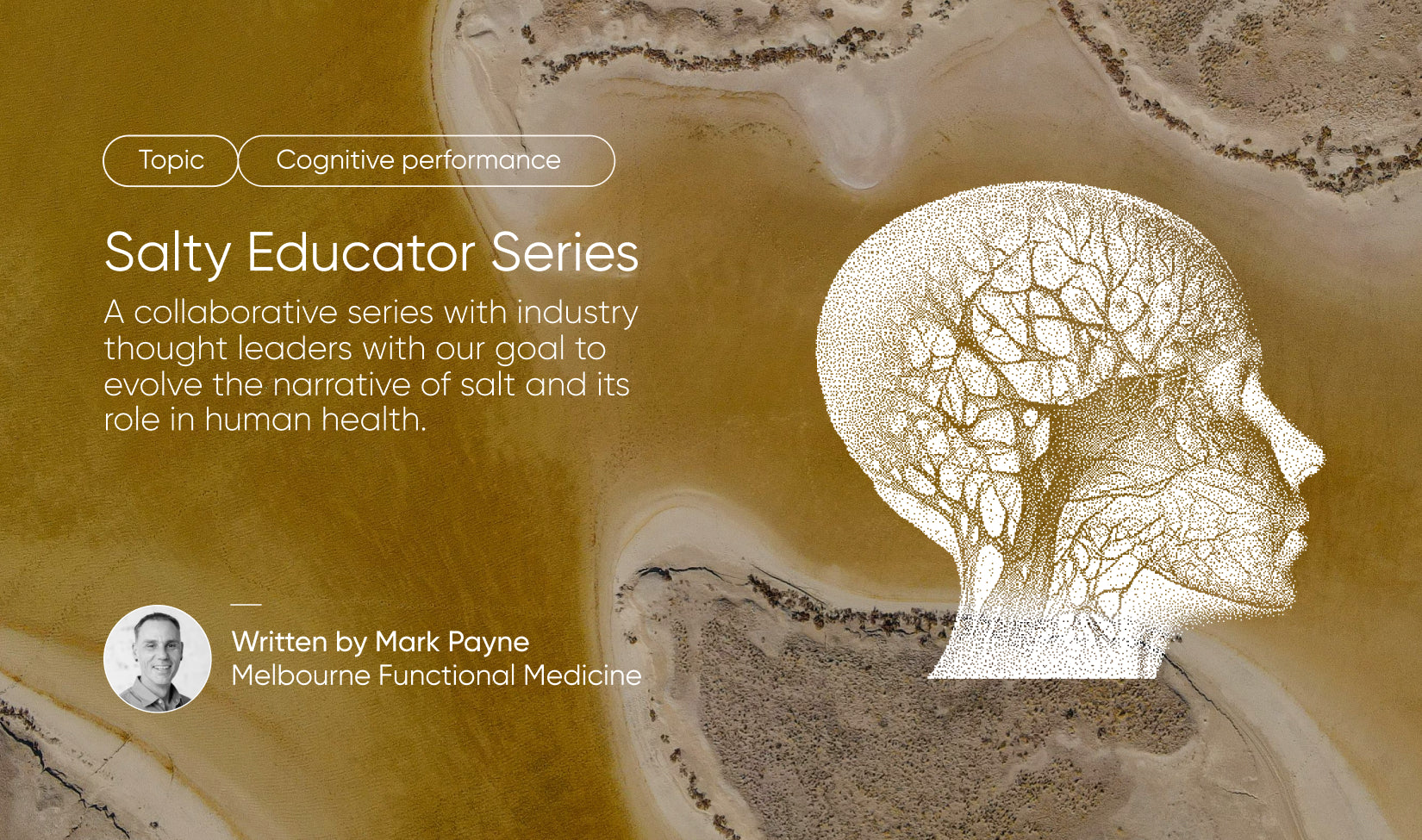Tonight we're going to tackle a frustrating and sleep-disrupting issue that plagues many individuals: night cramps. These involuntary muscle contractions can turn a peaceful slumber into a painful ordeal. Fear not, for we have a solution that involves embracing the mighty trio of electrolytes: sodium, magnesium, and potassium in the correct ratios. So, let's dive into the science behind night cramps and how increasing these electrolytes can be your secret weapon for banishing them.
Understand Cramps first!
Night cramps, also known as nocturnal leg cramps, are sudden and intense muscle spasms that commonly occur during sleep. They predominantly target the muscles of the legs and can leave you writhing in discomfort. While the exact cause of night cramps remains a mystery, research suggests that several factors, such as muscle fatigue, dehydration, and electrolyte imbalances, can contribute to their occurrence.
Enter, Electrolytes... ⚡️
Electrolytes are electrically charged minerals that play vital roles in maintaining proper bodily functions. When it comes to muscle contractions, three electrolytes stand out as key players: sodium, magnesium, and potassium. Let's explore how each of them influences muscle function and why they are crucial in combating night cramps.
Sodium: The Unsung Hero: Contrary to the popular belief that excessive sodium intake is detrimental to health, sodium is actually an essential electrolyte. It plays a crucial role in maintaining fluid balance within our cells and facilitating nerve impulses. When it comes to muscle relaxation, sodium works in harmony with potassium. Adequate sodium levels ensure proper communication between nerves and muscles, reducing the likelihood of cramps. So, go ahead and embrace the flavor-enhancing properties of salt while ensuring an adequate intake to support your muscle health.
Magnesium: The Relaxation Master: Magnesium, the fourth most abundant mineral in the body, is involved in over 300 biochemical reactions, including muscle and nerve function. It acts as a natural muscle relaxant, helping to counteract the tendency of muscles to contract excessively. Insufficient magnesium levels can disrupt this delicate balance, making muscles more prone to cramps, including nocturnal leg cramps.
A systematic review published in the Journal of Pain and Relief indicated that magnesium supplementation can effectively reduce muscle cramps, including those experienced at night (Garrison and Allan, 2012). Magnesium's role in muscle relaxation is well-established, making it an important component in combating night cramps.
Potassium: The Muscle Guardian: Potassium is an electrolyte that plays a vital role in maintaining proper muscle function. It works hand in hand with sodium to regulate fluid balance and facilitate nerve impulses. Adequate potassium levels are essential for preventing muscle cramps, including those that disturb your peaceful slumber.
"But I take Magnesium before bed"...
The missing Sodium X Magnesium connection... :zap:️
While we have highlighted the significance of magnesium in preventing muscle cramps, it's essential to recognize the role of sodium in facilitating its absorption and utilization by our muscles. Sodium, often viewed as a villain due to concerns about high-sodium diets, actually plays a critical role in ensuring that magnesium reaches its destination effectively.
When we consume magnesium-rich foods or supplements, the presence of sodium in our body helps transport magnesium across cell membranes and into our muscle cells. This process relies on the balance between sodium and magnesium to ensure optimal absorption. Sodium acts as a gatekeeper, allowing magnesium to enter the muscle cells and exert its relaxing effects.
A study published in the journal Nutrients discussed the interplay between sodium and magnesium absorption. It highlighted that sodium-dependent transport systems play a crucial role in the absorption of magnesium, particularly in the intestine and kidneys (Lameris et al., 2020). This emphasizes the importance of maintaining an adequate sodium intake to facilitate the absorption and utilization of magnesium by our muscles.
By embracing a balanced approach that includes both sodium and magnesium, you can optimize muscle function and reduce the occurrence of night cramps.




